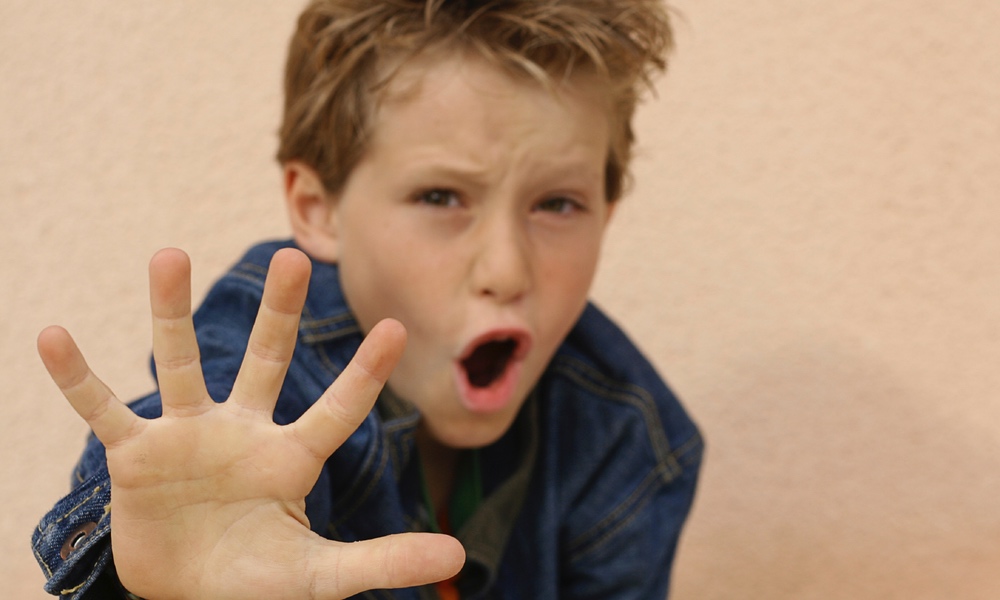Bullying is more common than most parents want to admit. According to the Centers for Disease Control and Prevention (CDC), twenty percent of school-aged children have been victims of bullies — and carry the emotional scars it leaves for years.
When someone uses force, threats or coercion to abuse, intimidate or aggressively dominate others, that's bullying. These behaviors are not just one-time offenses. They tend to be repeated and habitual, which is why they can be so damaging. One essential prerequisite, which distinguishes bullying from more normal conflicts between or among peers, is the perception, by the bully or by others, of an imbalance of social or physical power.
Kids who are bullied have been found to have poorer mental health including substance use, depression, low self-esteem and suicide. Victims often show immediate and long-term anxiety, depression and behavior problems.
Over 5500 pairs of twins — more than 11,000 preteens and teens — took part in the five-year study. The mean age of the children was 11 at the start of the study and 16 at the end. Since the twins shared genetic makeup and environmental exposures, the design of the study used one twin as a control for the other, accounting for potential mitigating factors such as shared environmental and genetic influences.
The researchers measured twins' exposure to bullying using a standardized questionnaire given when they were 11 and 14. The kids answered questions about the different types of bullying, if any, they had experienced — from verbal and physical intimidation, to social manipulation. Their mental health was also evaluated, using questionnaires, at ages 11 and 16.One essential prerequisite, which distinguishes bullying from more normal conflicts between or among peers, is the perception, by the bully or by others, of an imbalance of social or physical power.
The twin study format provides strong evidence that bullying directly impacts the mental health of its victims, according to the authors. Being bullied caused or contributed to a number of mental health issues. Bullied kids' anxiety persisted for two years after the bullying events, though it decreased five years after the bullying ceased. Paranoid thoughts about further persecution and cognitive disorganization, such as attention problems, affected the children for the five years of the study.
Since children did recover from their negative experiences to some degree, the findings serve as a hopeful message to the victims of bullying and their parents. The results suggest that some of the association between bullying and mental problems among this population is not causal, but related to temperament. This is important because if interpreted causally, population studies of bullying will exaggerate the true effect of bullying and overestimate the gain from interventions.
The authors conclude that, “There are both causal and non-causal processes underlying mental health outcomes in children who have been bullied that have direct clinical implications for reducing the effect of being bullied by a peer.” They see the need for two approaches — one geared to reducing bullying itself and the other addressing the vulnerabilities that raise a child's susceptibility to being bullied.The findings serve as a hopeful message to victims and their parents because it shows that their children can recover from their negative experiences.
The open access study is published in JAMA Psychiatry





